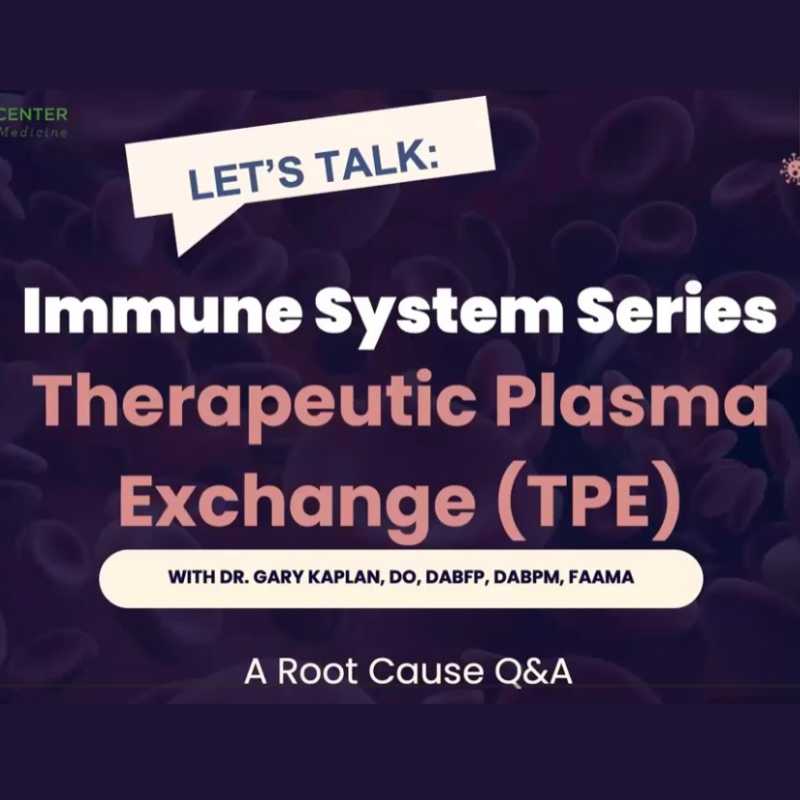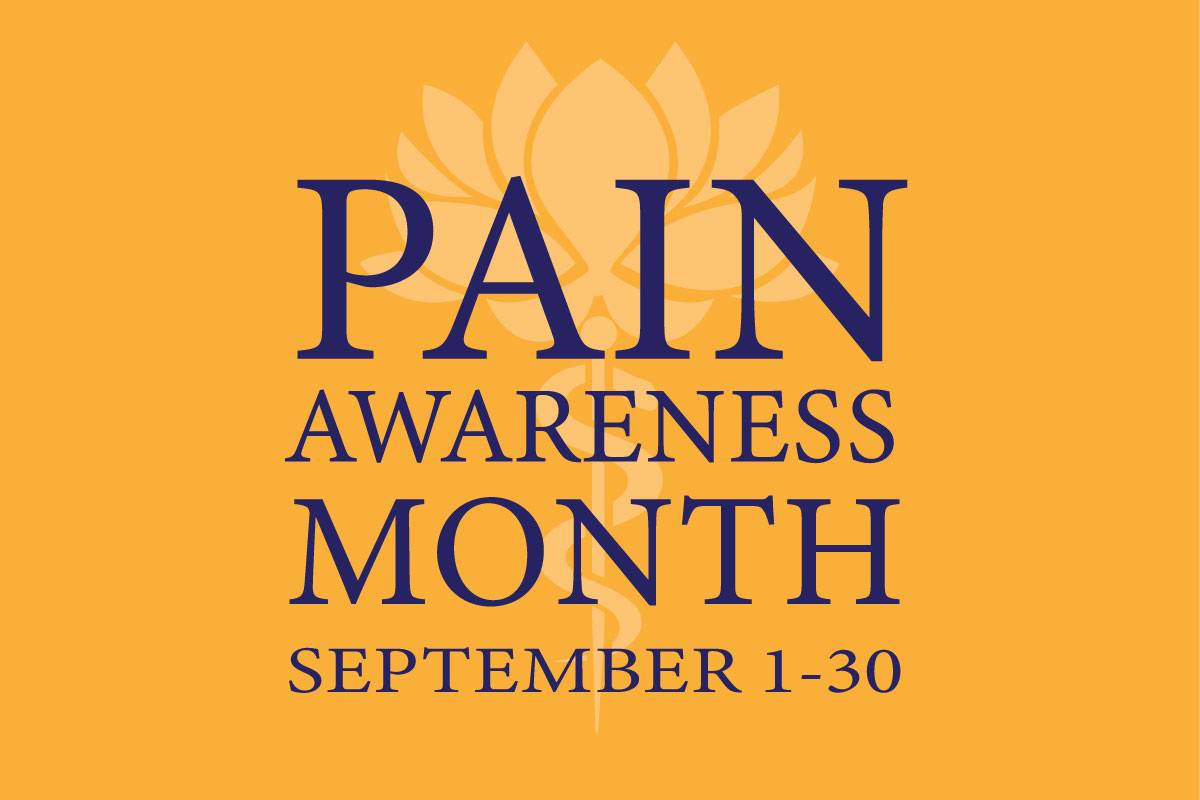
5 Ways We Can Keep Your Immune System Strong
December 10, 2025/by Kaplan Center
Want to Take Your Workout to the Next Level Next Year? These Tips Can Help
December 8, 2025/by Kaplan Center
Dr. Kaplan’s Dos and Don’ts of the Holiday Season
December 3, 2025/by Kaplan Center
Let’s Talk Webinar – A Root Cause Q&A
December 2, 2025/by Kaplan Center
Navigating Holiday Meals with Gut Issues: Simple Tips for a Comfortable Season
December 1, 2025/by Chardonée Donald, MS, CBHS, CHN, CNS, LDN
Craniosacral Therapy for TMJ | Say Goodbye to the Daily Grind
November 19, 2025/by Patricia Alomar, M.S., P.T.
From Compassionate Care to Personal Healing: A Letter to My Patients
November 18, 2025/by Kaplan Center
8 Steps to a Healthier Gut—and a Longer, Healthier Life
November 18, 2025/by Kaplan Center
Mid-Life Irritability & Fatigue Improved by Hormonal Balancing
November 13, 2025/by Lisa Lilienfield, MD
From Challenges to Change: Dr. Kaplan on Healthcare’s Biggest Challenges
October 29, 2025/by Kaplan Center
Overlooked Dangers of Mold Exposure and How to Stay Safe – Dr. Kaplan Talks to WUSA9
October 27, 2025/by Kaplan Center
Let’s ‘Fall’ Into Wellness: A Nutritionist-Approved Immune-Boosting Recipe for Cold and Flu Season
October 13, 2025/by Chardonée Donald, MS, CBHS, CHN, CNS, LDN
PANS/PANDAS – When Sudden Symptoms Signal Something More
October 9, 2025/by Kaplan Center
Beating Burnout, A Nutritionist’s Perspective
October 1, 2025/by Chardonée Donald, MS, CBHS, CHN, CNS, LDN
3 Things That Can Happen After Stopping GLP-1s
September 11, 2025/by Chardonée Donald, MS, CBHS, CHN, CNS, LDN
What Families Need to Know About COVID and Flu Season
September 3, 2025/by Kaplan Center
September is Pain Awareness Month
September 1, 2025/by Kaplan Center
Dr. Kaplan Spoke to Northern Virginia Magazine About COVID, Flu, and Immunity — Here’s What You Should Know
August 14, 2025/by Kaplan Center
“Why Do I Feel Like Crap?”: The Overlap Between Long COVID and Perimenopause
July 30, 2025/by Kaplan Center
Why People Are Turning to EMDR (and Why You Might Want to Too)
July 23, 2025/by Kaplan CenterAre you looking to improve your overall wellness?
Personalized care you can trust.
Our integrative, non-surgical treatment approach is highly successful in maintaining wellness and also treating chronic pain and illness. For more than 30 years, we have delivered superior, cutting-edge health care in the Washington, DC area.
QuickLinks
Contact Information
Tel: 703-532-4892
Fax: 703-237-3105
6829 Elm Street, Suite 300
McLean, Virginia 22101
Map It
Hours of Operation
Mon – Thu : 8 am – 5 pm, ET
Fri : 8 am – 12 pm, ET
Doctors urged to take chronic fatigue syndrome more seriously
/in Featured Press/by Website AdministratorThe Mystery of Migraines, 2-Part Video Series
/in Conditions, Treatments/by Kaplan CenterDo you suffer from recurrent sinus or tension headaches and wonder if they are migraines? Do your headaches result in one or more of the following symptoms?
Migraines are a total body experience. They start as a wave of depressed brain activity and end with dilation of the blood vessels in the meninges and pain signals from the brain stem. But there is a threshold that is reached before this process begins.
In this video series, Dr. Lisa Lilienfield will explain how these headaches could be related to and part of a process in the brain leading to the “perfect storm” that we call migraine. Dr. Lisa will explore the multiple triggers, and modes of prevention and treatment including medications, supplements, diet, and lifestyle changes that will keep us from crossing that threshold. She will also explore other treatable conditions that may contribute to migraines, such as mold or heavy metal toxicity, Lyme disease, temporomandibular joint syndrome, nutritional deficiencies, hormonal imbalances, and nerve irritation from injury or arthritis of the neck.
Questions? Give Us a Call!
703-532-4892 x2
We don’t know why migraines occur, which makes it a mystery, but knowledge is power. Watch as Dr. Lilienfield discusses how to avoid this “perfect storm.
Part 1: Defining the Migraine: Symptoms, Triggers & Stages
Part 2: Prevention and Treatment
We are here for you, and we want to help.
Our goal is to return you to optimal health as soon as possible. To schedule an appointment please call: 703-532-4892 x2
Natural Solutions For Women’s Common Aches & Pains
/in Women's Health/by Kaplan Center4 Ways Women Can Fight Chronic Pain
By Julia Westbrook
Article reprinted from www.RodaleNews.com
You don’t have to live with the pain anymore. Here are 4 natural solutions for common painful problems for women.
Men may have a reputation for sucking it up and soldiering on, but it’s women who are the ones suffering in silence from chronic pain, according to a research review by the American Society of Anesthesiologists (ASA). To add insult to already-painful injury, the study revealed that most of this pain is unnecessary and treatment is often ineffective or, worse, harmful.
“I can’t tell you the number of women I see who have been told they just have to live with the pain,” said Donna-Ann Thomas, MD, a member of the ASA’s committee on pain medicine. “It’s just heartbreaking because many of these women have been suffering a long time. Women, especially older women, are less likely to speak up and seek treatment for their pain.”
And when women do report pain, the medical solutions can do more damage than the original cause. For instance, the researchers found that 1 in 7 expecting mothers were prescribed opioids for pregnancy pains—a practice that is unhealthy for both the mom and baby.
Even seemingly safe over-the-counter painkillers often harbor unpleasant side effects. “People take nonsteroidal anti-inflammatory drugs (NSAIDs) like breath mints and think nothing of it,” says Gary Kaplan, DO, author of Total Recovery: Solving the Mystery of Chronic Pain and Depression. “In fact, there are more than 32,000 hospitalizations each year as a result of complications from taking NSAIDs and more than 3,200 deaths a year. These are not benign drugs.”
Instead of ignoring the pain or reaching for painkillers, try these natural solutions for women’s common aches and pains:
#1. Fix magnesium deficiencies. “Because of the blood loss during their menstrual cycles, women are more prone to magnesium deficiencies than men,” says Dr. Kaplan, and deficiency can lead to a whole host of painful issues, from migraines to muscle pain. He recommends adding foods high in magnesium to your diet. Indulge in leafy greens, dried apricots, avocados, almonds, cashews, and bananas, as well as other magnesium-rich foods.
#2. Opt for a rose oil massage for cramps. Rose oil doesn’t just smell nice; it can also ease menstrual pain. Research has found that rubbing rose oil on your abdomen relieves menstrual pain, whereas using unscented almond oil was found to be ineffective.
#3. Say “om” to eradicate back pain. It sounds counter-intuitive: Twist and bend your spine to reduce pain? Research says yes. In a 12-week yoga program, those who completed the program had less back pain, while those who didn’t do any yoga said their back pain worsened.
#4. Bring your playlist into the delivery room. Welcome your baby into the world with a fanfare of music. A study of 156 women found that those who listened to music during labor reported less pain and anxiety during labor and needed less pain relief afterward.
Published on www.RodaleNews.com on January 21, 2015